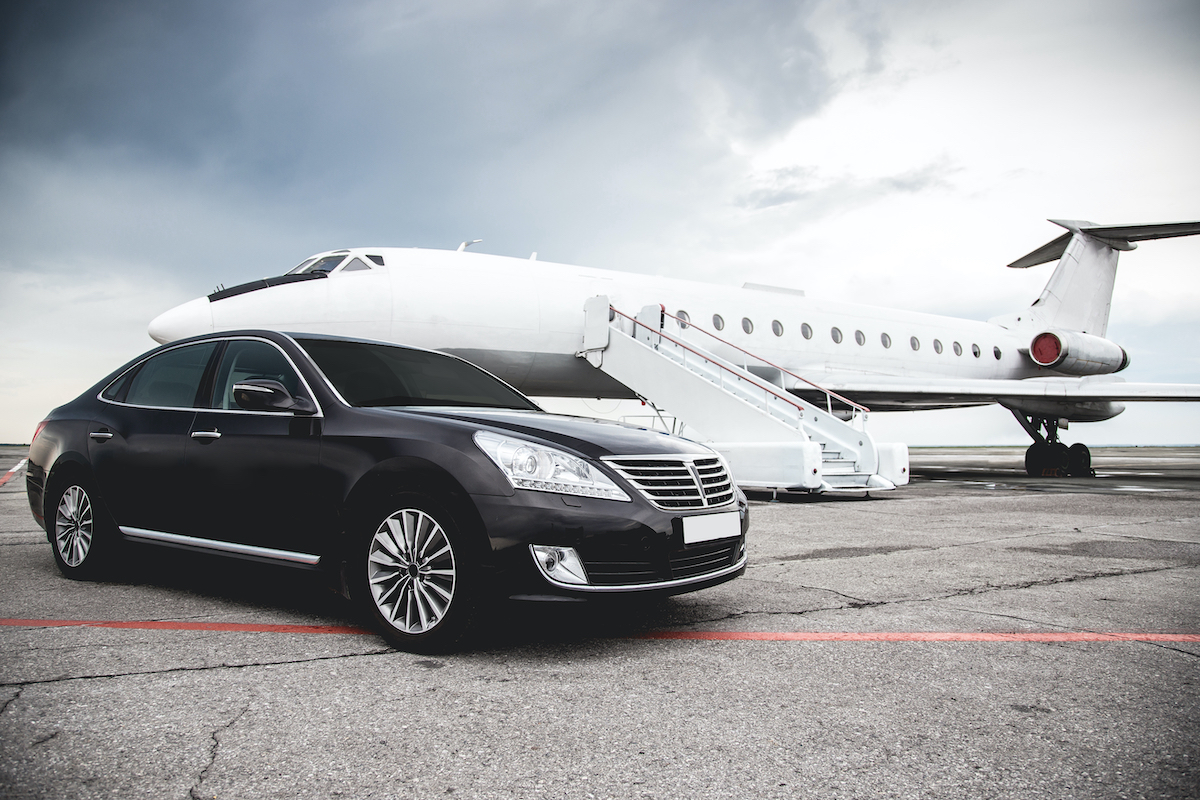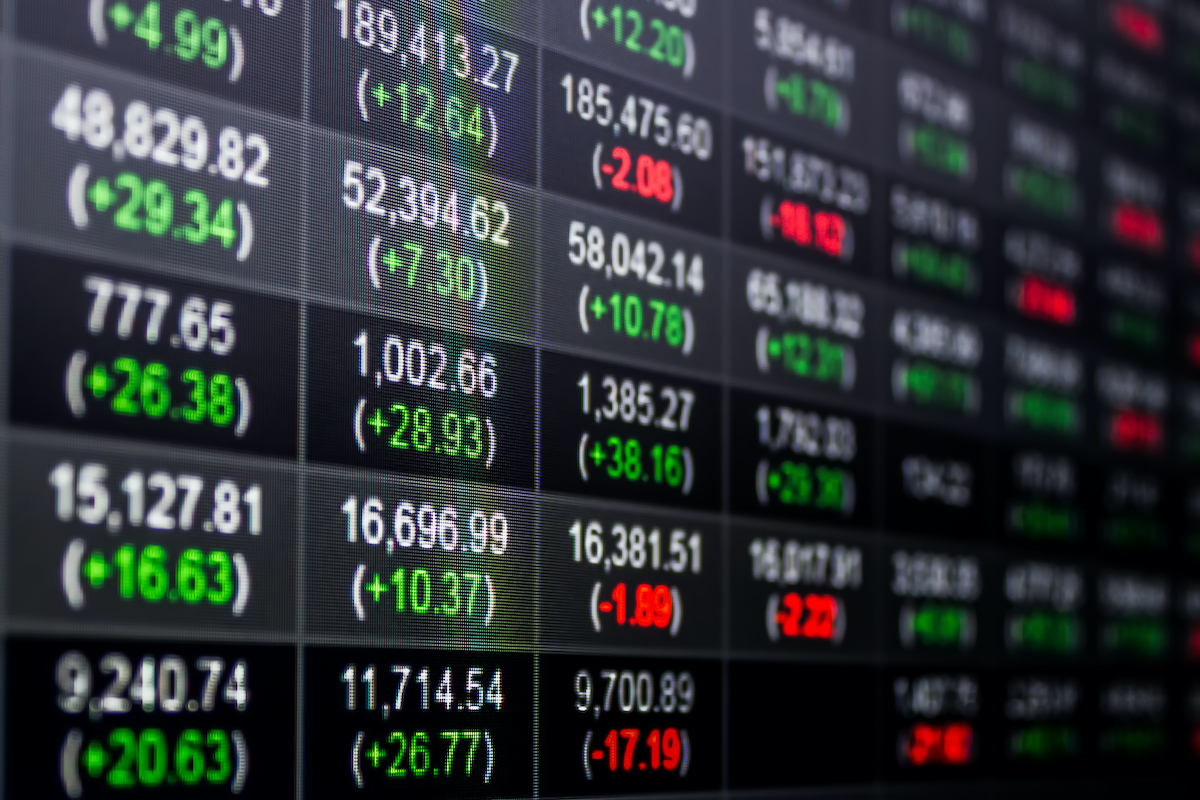This website uses cookies so that we can provide you with the best user experience possible. Cookie information is stored in your browser and performs functions such as recognising you when you return to our website and helping our team to understand which sections of the website you find most interesting and useful.
Julius Baer wealth report highlights ongoing impact of Covid-19 pandemic and war in Ukraine
By Gabriel Power | 16 June 2022 | Wealth,
The company’s much-anticipated Global Wealth and Lifestyle Report 2022 shows significant price hikes for multiple goods and services for HNW individuals

Banking corporation Julius Baer has released the third edition of its famed Global Wealth and Lifestyle Report, a far-reaching analysis of the spending patterns of high-net-worth individuals the world over.
This year’s edition, as the organisation puts it, "focuses on the yearly changes in the cost of living well, which, in the last year, has risen significantly for wealthy individuals".
"Asia continues to be the most expensive region in the world, while the Americas are becoming ever more affordable in comparison," its blurb continues.

For the first time, the report also includes what Julius Baer calls the "Lifestyle Survey", which asks HNW and UHNW individuals across the world about their consumption, spending, and investment habits directly. The results offer a deeper understanding of the lifestyle trends identified by the Lifestyle Index and support the findings with personal sentiments.
The survey indicates a "strong intention to return to experiential spending on leisure activities and travel", but also a "greater focus on areas that might enable them and their children to prosper in the years ahead, such as health insurance, wellness, and education".
Meanwhile, another trend is how HNW and UHNW individuals are increasingly aligning their financial and investment decisions more closely with their personal values, including an increased focus on environmental causes and sustainability.

The remainder of the report indicates that the Covid-19 pandemic is still having a significant impact on spending habits, mainly due to challenging sets of macro-economic conditions and supply chain disruptions. According to the report, the pandemic has caused price rises for 75 percent of the goods and 63 percent of the services in the Julius Baer Lifestyle Index.
The weighted average of prices increased by 7.46 percent in the last year, compared to an increase of only 1.05 percent in the previous edition of the report.
"Supply chains, already strained by the pandemic, were put under further pressure by the war in Ukraine, leading to a rise in commodity prices and shortages in key consumer industries," the report says. Furthermore, the bank highlights the effects of inflation on consumers’ purchasing power across the world.

The report also breaks the findings down by region, leading to more detailed results. Asia is the most expensive region to buy a car, with Shanghai remaining the most expensive city in the index with four items ranked at the very top and the highest weighted average price increase (30%). Taipei moved up the ranking to third, mostly due to the prices of shoes, bicycles and wine.
Conversely, the Americas are still the most affordable region to live well, with cars and residential property remaining far less expensive than other regions. For example, Mexico City has the least expensive residential properties, 72 percent cheaper than the regional average.

Nicolas de Skowronski, Head Wealth Management Solutions and Member of the Executive Board of Julius Baer said: “Ongoing global uncertainty, prompted by the pandemic, and sustained by rising inflation and increased geopolitical tension, has only sharpened the need for investors to protect their purchasing power and, in the long term, actively plan to preserve their wealth.”
Christian Gattiker, Head of Research, Julius Baer, added: “Our Lifestyle Index is an important element for HNWIs to be aware of their personal inflation rates. These are based on where they live, the products and services they buy, and even their interests. Combining these with a good wealth management strategy can help stem this erosion, and preserve and even grow wealth under the current conditions.”








